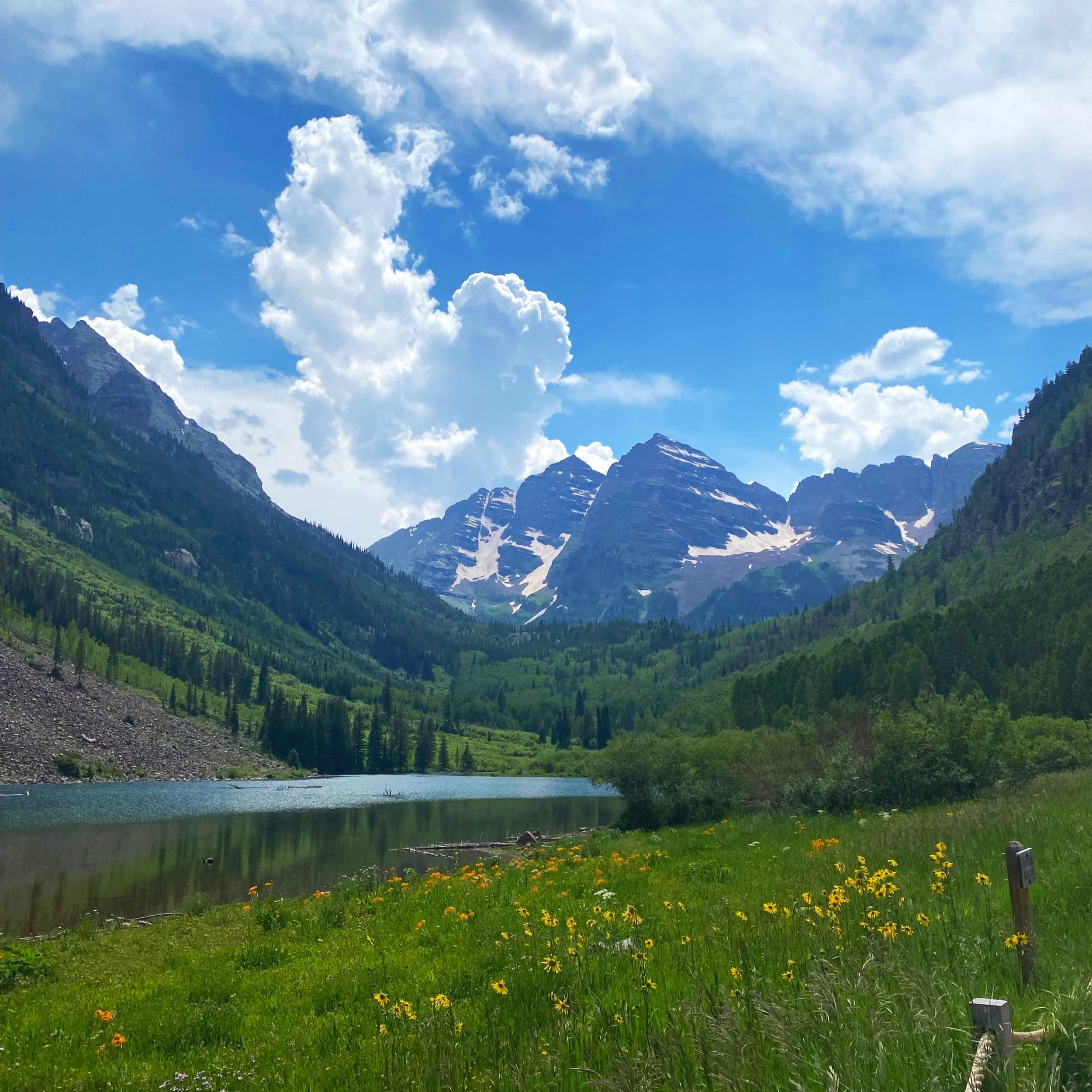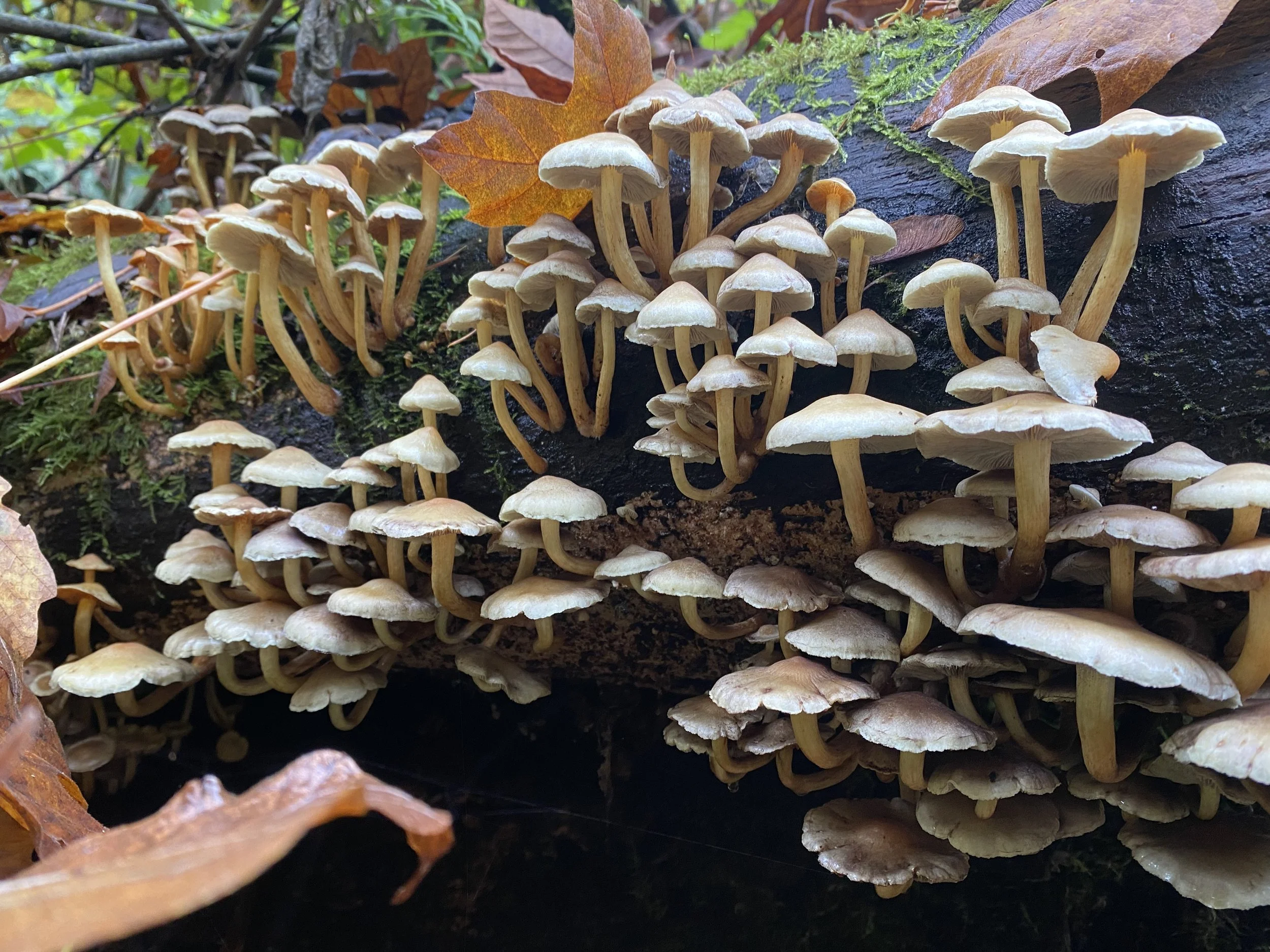
An opportunity to witness
& transform
When used responsibly & with therapeutic intention, psychedelics & plant medicines are powerful catalysts in the healing process. These substances often bypass the mind’s usual defenses, allowing access to unconscious material, suppressed emotions, and deeper truths. Combined with skilled psychotherapy, they can help break old patterns, promote emotional release, and open space for new perspectives and self-compassion. Whether through mystical experiences or subtle shifts in awareness, these medicines often catalyze meaningful and lasting change.
Ethics & Responsibility
Psychedelic healing is powerful, sacred work. With this work comes deep responsibility and accountability. My approach is grounded in ethical integrity, honoring the roots of these medicines while creating safe, inclusive, and consent-centered spaces for transformation.
Responsible psychedelic care means tending to both the healing process and the larger systems we’re a part of, so that the work can remain rooted, reciprocal, and truly transformative.
Licensed Natural Medicine Clinical Facilitator in Training:
State of Colorado
NMIT.0000207
Core Values that guide my psychedelic practice…
-

Safety
Safety is the foundation of effective psychedelic-assisted psychotherapy (PAP). Thoughtful preparation, skilled facilitation, & a supportive environment help minimize risks and create the conditions for meaningful healing. This includes careful screening, professional guidance, & integration support.
By prioritizing safety, we not only reduce potential harms but also maximize the therapeutic benefits, allowing clients to fully engage with the experience & carry its insights into lasting transformation. Ethical, trauma-informed care ensures that PAP remains a powerful & respectful pathway for those seeking relief from mental & emotional suffering.
Click here to view the Resources page with additional info regarding safe use of psychedelics and plant medicine. -

Reciprocity
Reciprocity is rooted in the responsibility to honor, respect, & give back to the Indigenous cultures that have long stewarded plant medicines and sacred healing practices. As modern psychedelic work often draws from these traditions, reciprocity ensures this relationship is not extractive, but mutually respectful & restorative.
It involves:
Acknowledging the roots of psychedelic practices in Indigenous cultures and recognizing the spiritual and ceremonial traditions from which they come.
Sharing benefits—including financial support, collaborative research, & advocacy for Indigenous rights—as the field grows & gains global recognition.
Respecting traditional uses by avoiding appropriation and honoring the sacred context in which these medicines have been used for generations.
Addressing historical imbalances by actively working to repair the harms of colonization, cultural erasure, & exploitation.
Reciprocity invites us to move beyond individual healing toward collective justice, ensuring that the future of psychedelic therapy is guided by ethical integrity, cultural humility, & gratitude for the wisdom keepers who have made this work possible.
In the spirit of reciprocity and reparative healing, I donate 1% of all psychedelic services to The Indigenous Reciprocity Initiative of the Americas (IRI). -

Curiosity
As a practitioner, I hold a deep trust in each person’s inner healing intelligence (the innate wisdom within us all that knows how to move toward wholeness). By cultivating curiosity and a beginner’s mind, rather than judgment, I support clients in exploring their inner world with openness, patience, and self-compassion.
I believe that when we approach ourselves with curiosity, we create the conditions for profound transformation and lasting change. -

Accessibility
Healing in community is a human right. Accessibility means actively working to reduce barriers to care, whether financial, cultural, or systemic. This includes offering sliding scale options, trauma-informed foundations, & creating a welcoming space for people of all identities & lived experiences.
True accessibility is about meeting people where they are, honoring their unique paths, & ensuring that support is available, inclusive, and equitable for all.

Offerings
-
Integration is a process in which a person revisits and actively engages in making sense of, working through, translating, and processing the content of their psychedelic experience. Through intentional effort and supportive practices, this process allows one to gradually capture and incorporate the emergent lessons and insights into their lives, thus moving toward greater balance and wholeness, both internally (mind, body, and spirit) and externally (lifestyle, social relations, and the natural world).
Settee & Shukla, 2020 -
Harm reduction is a compassionate, nonjudgmental approach to reducing the negative consequences of potentially risky behaviors—especially related to substance use, but also applicable to things like sex, self-injury, or high-risk activities.
Rather than focusing solely on abstinence or "fixing" behavior, harm reduction meets people where they are and supports safer, healthier choices without requiring them to stop entirely. It’s rooted in respect for autonomy, dignity, and individual goals.
Click here to learn more about Harm Reduction Principles -
Harm Reduction & Integration services can be integrated into individual sessions or prioritized specifically for your goals.
I offer a nonjudgmental space for individuals exploring altered states—whether through psychedelics, plant medicine, or other substances. Rooted in harm reduction principles, this approach honors your autonomy while supporting safety, informed decision-making, and integration.Together, we can explore your intentions, experiences, and challenges with curiosity and care—whether you're preparing for a journey, reflecting on one, or navigating the complex terrain in between.
Harm Reduction & Integration
-
Originally approved by the FDA as an anesthetic, ketamine is now widely used off-label in lower doses to support mental health conditions such as depression, PTSD, anxiety, chronic pain, and substance use issues, especially when other treatments haven’t been effective.
Ketamine is a Schedule III dissociative anesthetic, meaning it can create a temporary sense of disconnection from ordinary thoughts and feelings. At therapeutic doses, it often produces antidepressant, anti-anxiety, and sometimes psychedelic effects, helping to interrupt patterns of negative thinking and emotional distress.
Ketamine can be administered in a variety of ways—sublingual (SL), oral (PO), intramuscular (IM), intravenous (IV), or intranasal (IN)—depending on the treatment setting and goals. When you work with me, we will be using the sublingual route of admistration.
While low doses can offer symptom relief without a psychedelic experience, many find that altered states of consciousness, when supported by therapy, can create deeper emotional insight and transformation.
-
The Medicine
Ketamine, even at low, non-psychedelic doses, has shown remarkable potential to reduce symptoms of depression and anxiety—particularly for individuals who haven’t responded to traditional medications. When used in a structured protocol (typically 2x per week for 4–6 weeks, then tapering), ketamine can create a stable foundation for deeper emotional healing.
The Psychedelic Experience
At higher doses, ketamine opens a semi-lucid, expanded state of awareness that can surface core insights, inner wisdom, and unresolved emotional material. Many people report mystical or spiritual experiences that reshape their relationship to themselves, others, and life. When paired with intention-setting, therapeutic guidance, and post-session integration, the psychedelic experience becomes a powerful tool for transformation.
Neuroplasticity
In the 3–4 days following a ketamine session, the brain enters a heightened state of neuroplasticity—meaning it's more flexible and receptive to new patterns. This window is ideal for reinforcing healthier thoughts, behaviors, and emotional responses. Integration practices such as journaling, therapy, art-making, nature walks, and mindfulness help solidify new neural pathways and ensure lasting change.
-
Each KAP session is scheduled for 3 hours (180 minutes) and includes preparation of the space, medicine time, and transitioning back to normal consciousness.
Before Your Session
Transportation: You’ll need to arrange a ride home—clients cannot drive after a medicated session.
Fasting: Please arrive with an empty stomach (4 hours recommended). Clear liquids are fine up to 1–2 hours before.
Planning: All KAP sessions are pre-scheduled. Even if a session is planned, you may always choose to forgo the medicine when you arrive.
During the Session
The medicine is usually taken about 15 minutes into the session.
You’ll be guided into a state of relaxation and body awareness as the effects begin.
A place to relax, music playlist (that we collaborate on) and an eye mask will be provided to support your inward journey.
What to Bring
Your Ketamine prescription (bring the full package)
A water bottle (water is also available on-site)
Nausea medication, if you're prone to motion sickness (usually not needed; sometimes prescribed)
Slip-on shoes, in case you need to use the restroom mid-session
Any personal comfort items (e.g., a blanket, photos, or stuffed animal)
Ketamine-Assisted Psychotherapy (KAP)
Psilocybin-Assisted Psychotherapy (PAP)
-
Psilocybin is a naturally occurring psychedelic compound found in certain species of mushrooms, traditionally used in Indigenous healing & spiritual practices.
Once ingested, the body converts psilocybin into psilocin, which interacts primarily with serotonin receptors in the brain—especially the 5-HT2A receptor—influencing mood, perception, & cognition.
One key effect of psilocybin is the temporary deactivation of the brain’s default mode network (DMN), which is the part of the brain responsible for self-referential thinking, rumination, & rigid mental patterns. When the DMN quiets down, people often experience a sense of ego dissolution or expanded consciousness, allowing for new perspectives, emotional release, & insight.
In a therapeutic setting, this altered state can create the ideal conditions for deep psychological healing, helping individuals process trauma, connect with a sense of meaning or purpose, and shift long-standing patterns of depression, anxiety, or disconnection. When supported by skilled preparation and integration, psilocybin can be a powerful catalyst for lasting transformation and personal growth.
I currently partner with the Healing Center, Reset LLC in providing attuned psilocybin-care.
-
Psilocybin is a naturally occurring compound found in certain mushrooms, long used in Indigenous spiritual and healing practices. It typically produces a longer, more immersive psychedelic experience (4–6 hours) that often includes vivid visuals, emotional depth, and a strong sense of interconnectedness or spiritual insight. Psilocybin works primarily on the brain’s serotonin system, promoting deep emotional exploration & shifts in perception.
Ketamine is a synthetic medicine originally developed as an anesthetic. In lower doses, it produces a shorter-acting dissociative experience (about 40–120 minutes) & works through the glutamate system, which can rapidly disrupt negative thought patterns & relieve symptoms of depression and anxiety. The experience is often more inward and dreamlike, with a sense of detachment from the usual sense of self.
Both medicines can be powerful tools for healing, especially when combined with skilled preparation, therapeutic guidance, & intentional integration. The choice between them often depends on your therapeutic goals, medical history, and personal preferences.
So, how does this work?
-
We’ll take time to understand your personal story. We will review your medical history, current symptoms, and overall mental & emotional landscape. This collaborative process helps us determine whether psychedelic support is appropriate & what kind of preparation will best support your goals.
You’ll also receive detailed information about the specific substance you’re considering, including its potential effects, benefits, & risks, so you can make an informed, empowered decision. Depending on the choice of medicine, this step may include an outside medical provider.
-
Just as healthy soil supports growth, preparing your inner landscape is essential for meaningful and safe psychedelic work. This stage focuses on building trust, clarifying intention, & regulating the nervous system—all key elements for a grounded, transformative experience.
Why Preparation Matters:
Psychedelic experiences can open the door to profound emotional insight, healing, and deep inner work. Because of their intensity & potential to surface unresolved material, careful preparation helps ensure that you enter the journey feeling resourced and supported.Preparation supports you in:
Creating Safety: Establishing physical, emotional, & psychological conditions that promote trust & ease
Clarifying Intention: Identifying what you’re seeking—whether healing, self-discovery, spiritual connection, or emotional release
Understanding Set & Setting: Receiving guidance on how to shape a safe & supportive physical environment for your journey
Informed Consent: Reviewing what to expect, exploring potential risks & benefits, & discussing any concerns with openness
Regulating the Nervous System: Learning simple tools to stay grounded & connected before, during, & after the journey
Our preparation sessions are personalized, collaborative, & designed to help you enter your experience with clarity, confidence, & care. I’m here to walk beside you every step of the way.
-
A psychedelic-assisted therapy session is a deeply personal & transformative journey. I offer a safe, intentional space where you're supported throughout the process. With gentle guidance to help navigate what arises, emotional release, insight, and healing are common, and this sometimes includes the processing of long-held trauma. With careful monitoring & support, the journey can lead to profound inner exploration, greater self-understanding, and meaningful shifts in how you relate to yourself and your life.
-
Integration is a process in which a person revisits and actively engages in making sense of, working through, translating, and processing the content of their psychedelic experience. Through intentional effort and supportive practices, this process allows one to gradually capture and incorporate the emergent lessons and insights into their lives, thus moving toward greater balance and wholeness, both internally (mind, body, and spirit) and externally (lifestyle, social relations, and the natural world).
Settee & Shukla, 2020


